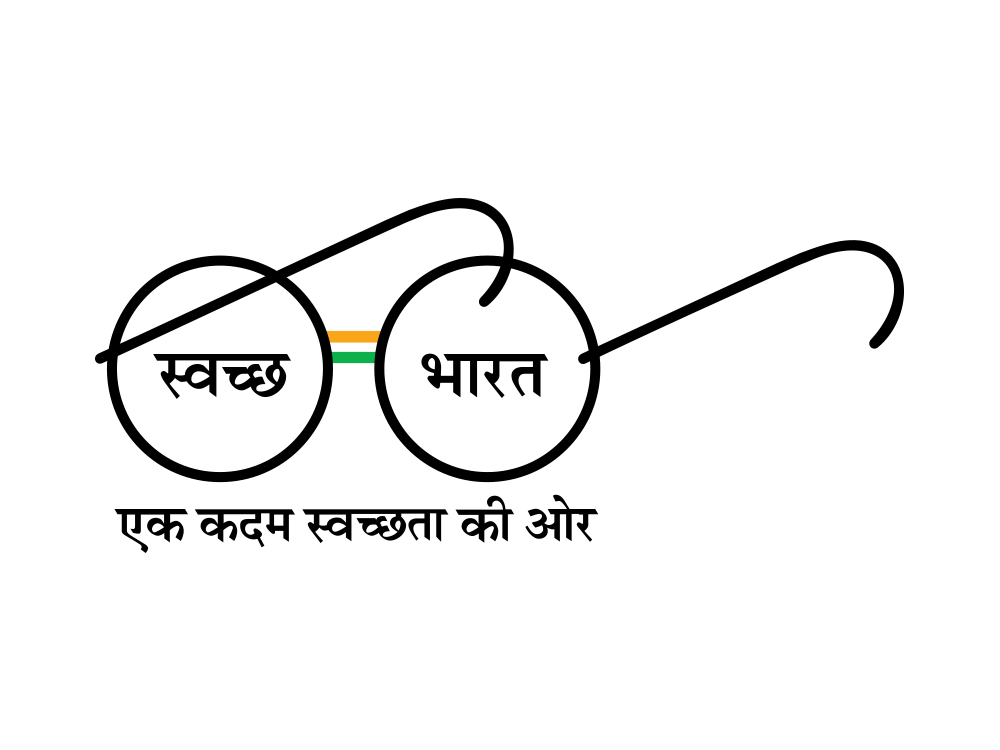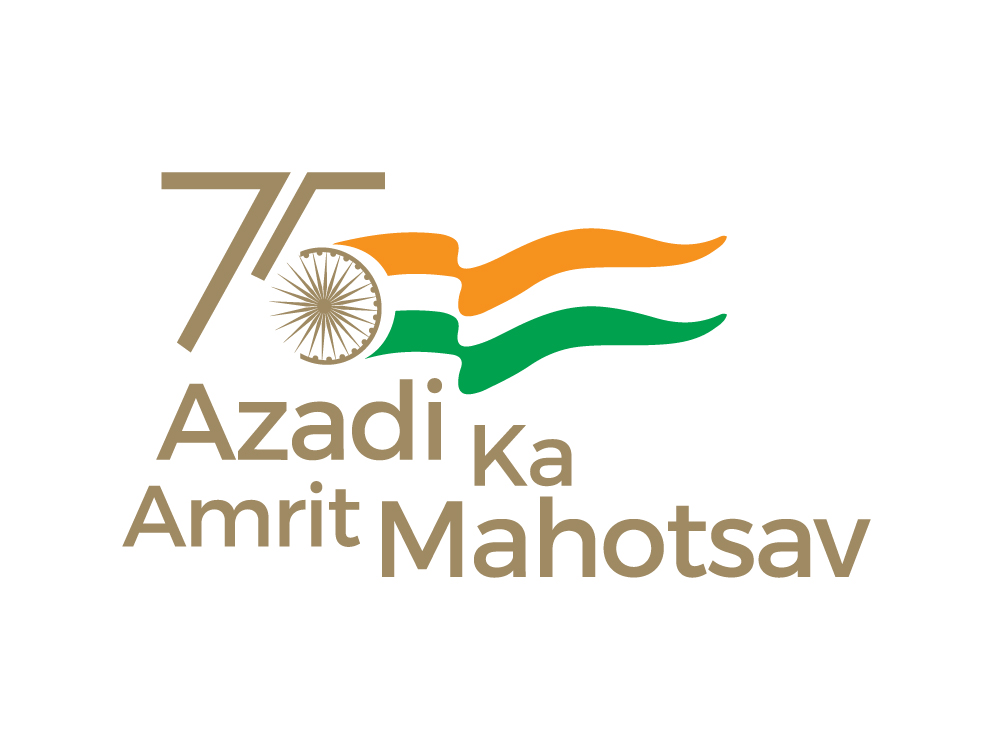Post-Independence Developments
- After the commencement of the Government of India Act, 1919 the legislative power was exercised by the Indian Legislature constituted thereunder. This Act was followed by the Government of India Act, 1935. With the passing of the Indian Independence Act, 1947, India became a Dominion and the Dominion Legislature made laws from 1947 to 1949 under the provisions of section 100 of the Government of India Act 1935 as adapted by the India (Provisional Constitution) Order 1947. Under the Constitution of India which came into force on the 26th January 1950, the legislative power is vested in Parliament and the State Legislatures.
- The Constitution of India with its Fundamental Rights and Directive Principles of State Policy gave a new perspective to law reform to fulfil the aspirations of the people and the needs of a democratic legal order in a plural society. Though the Constitution stipulated the continuation of pre-Constitution Laws (article 372) till they are amended or repealed, there had been demands in Parliament and outside for establishing a Central Law Commission to recommend revision and updating of the inherited laws to serve the fast-changing needs of the spirited country.
- The Central Government established the First Law Commission in 1955 with the then Attorney-General of India, Mr. M. C. Setalvad, as its Chairman. Since then twenty-two Law Commissions have been appointed, each with a three-year term and with a definite term of reference.




